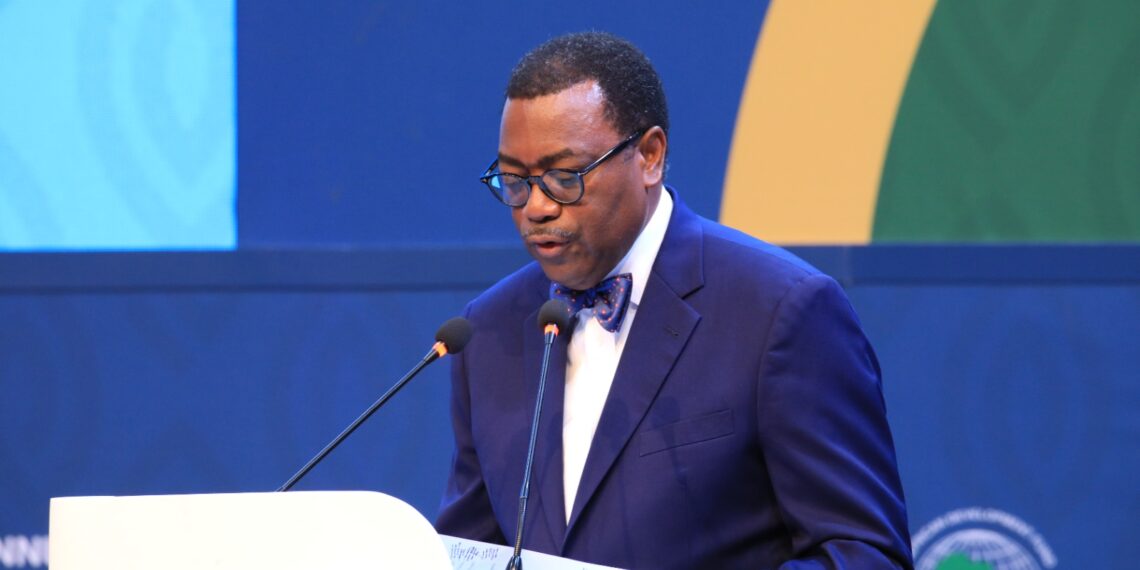HUMAN CAPITAL DEVELOPMENT NETWORK (HCDN) HOLDS ITS MAIDEN CONSULTATIVE MEETING
- Health Sector
- No Comment
- 468

President, Legislative Advocacy Initiative for Sustainable Development (LISDEL)
Human Capital Development Network (HCDN), Nigeria, is a platform of advocacy for action for the
development of human capital in Nigeria. It is a coalition of civil society organizations and other stakeholders
working in fields that have implications on HCD with the aim of forging consensus and collaboration towards
engendering HCD as a policy objective at all levels and to raise the accountability bar for efficient investment
towards advancing the agenda. The coalition was convened as a result of the current dismal state of HCD in
Nigeria and its consequence on national social and economic growth now and in future. To deliver its
objective, the network has adopted a consultative approach to raise awareness, generate and catalyse action
by important actors.
The network had the maiden edition of its consultative engagement meetings on Tuesday 29th September,
- It was held virtually with representation from civil society organizations; donor agencies; health and
education policy specialists who analysed issues around the economy and employment; poverty and security;
and demographic dividend. It was tagged “Creating a Sense of Urgency for Human Capital Development
Action.” Senator Olanrewaju Tejuoso, the Chairman, Senate Committee on Health, 8th Assembly; a major
proponent of human capital development in Nigeria and the President of Legislative Advocacy Initiative for
Sustainable Development (LISDEL) delivered the key note address. LISDEL is a co-convener of the HCDN.
Excerpts of his address are presented below.
The development and utilization of human capital is pivotal for economic productivity and growth as
no nation can attain sustainable economic growth without developing the human resources to drive
such growths. There is no doubt that the time to start action towards setting a path for Human Capital
Development (HCD) in Nigeria is now. There is a need to shape and reshape policy agenda and
advocate strongly for action to advance HCD in the country. Nigeria’s worrisome and disappointing
Human Capital Index (HCI) informs this when we project how productive children born today will be as
members of the future workforce.
Nigeria continues to do poorly in the HCI ranking, despite the minimal increment in HCI scores from
0.34 in the 2018 to 0.36 in 2020 referenced by the World Bank of countries around the world.
Sadly, the implication of this is that Nigerian children given birth to in the present socio-economic
circumstances have very slim chances of competing favorably with other children from other climes in
the nearest future. Such children may have the odds stacked against them being able to live up to
their full potential due to the current deplorable and unacceptable state of various socio-economic
development parameters.
Apart from the low HCI, HCD realities in Nigeria are reflected in the poor progress against
international benchmarks, such as high child and maternal mortality indices, and stunting rates in
children as a result of malnutrition. There are currently over 13.2 million basic education school-age
children out of school out of which about 8 million are girls. Over 91 million people live in extreme
poverty and this is about half of the country’s population. Unemployment rate is at 23% and a further
20% of the labor force is underemployed; i.e they work in low-productivity, low-income jobs with no
job or income security; as well as numerous other socio-economic factors that are in deplorable
conditions.
A paradigm shift at this time is necessary in order to ensure Nigeria’s relevance in the emerging
global economy, which is gradually shifting to knowledge-based sectors. Human Capital Development
needs to be prioritized by both policymakers in government and private sector players as well as
every concerned stakeholder. A healthy population and a functional labor force are crucial to drive
change.
In taking action, there is need to take stock of previous and current commitments reflecting on socio-
economic development initiatives in relevant sectors across the country. This is necessary in order to
enunciate key and penetrating reasons that are sensitive enough to inspire interest and spark up an
HCD crusade by important actors. This is also important in order to identify necessary evidence that
will spur stakeholders towards supporting the human capital development campaign.
HCD has components in various sectors including health, education, agriculture and so on and can
impact negatively on economic growth, productivity of labor, demographic dividend, e.t.c.; with
devastating effects and consequences such as poverty, insecurity, low productivity, slow economic
growth, weak health system, among many others. Advancing HCD requires investing massively in
people through nutrition, health care, quality education, jobs and skills. It is therefore important to
collaborate widely in order to generate a joint action that is strong enough to attract attention and
bring about the required improvement in Nigeria’s commitment to develop its human capital.
Making a case for Human Capital Development is therefore a right step in the right direction, as it will
elucidate implications of Nigeria’s present response to important developmental issues of importance such as
health, education, nutrition, technology and skills development. Improving these would have an overall
positive energy in the socio-economic landscape of the country.





